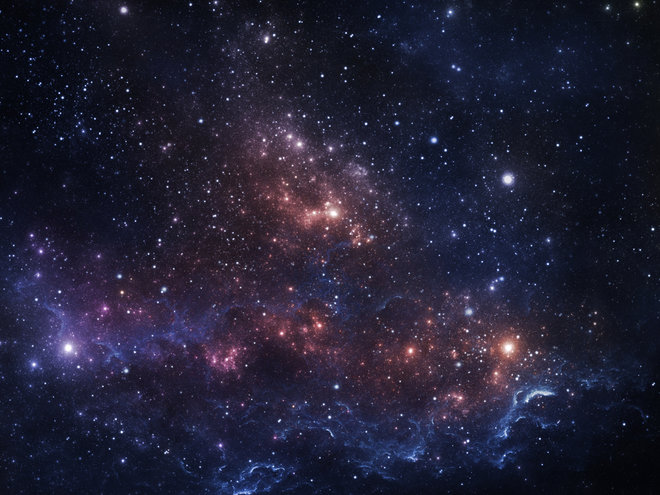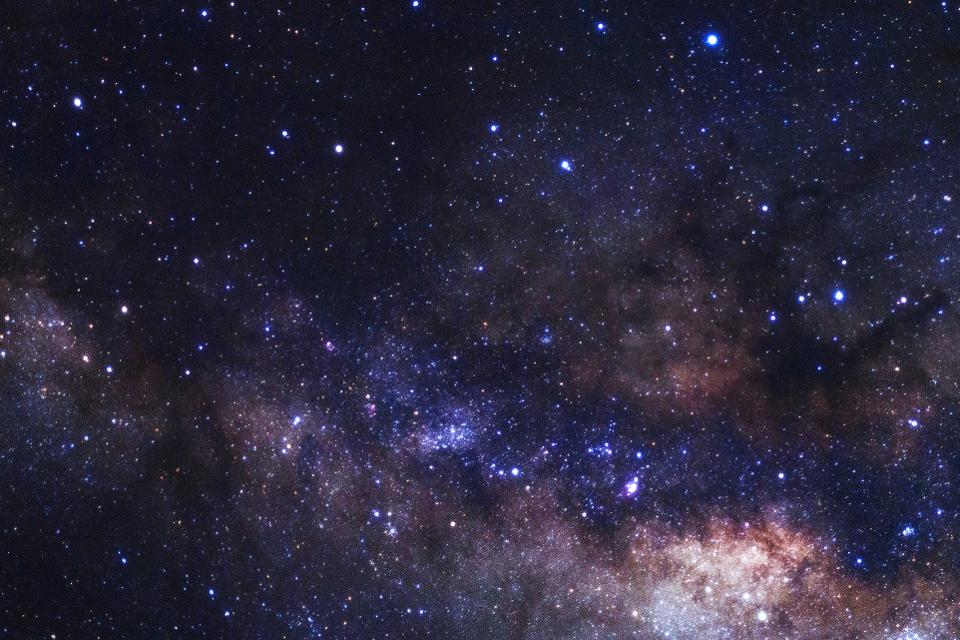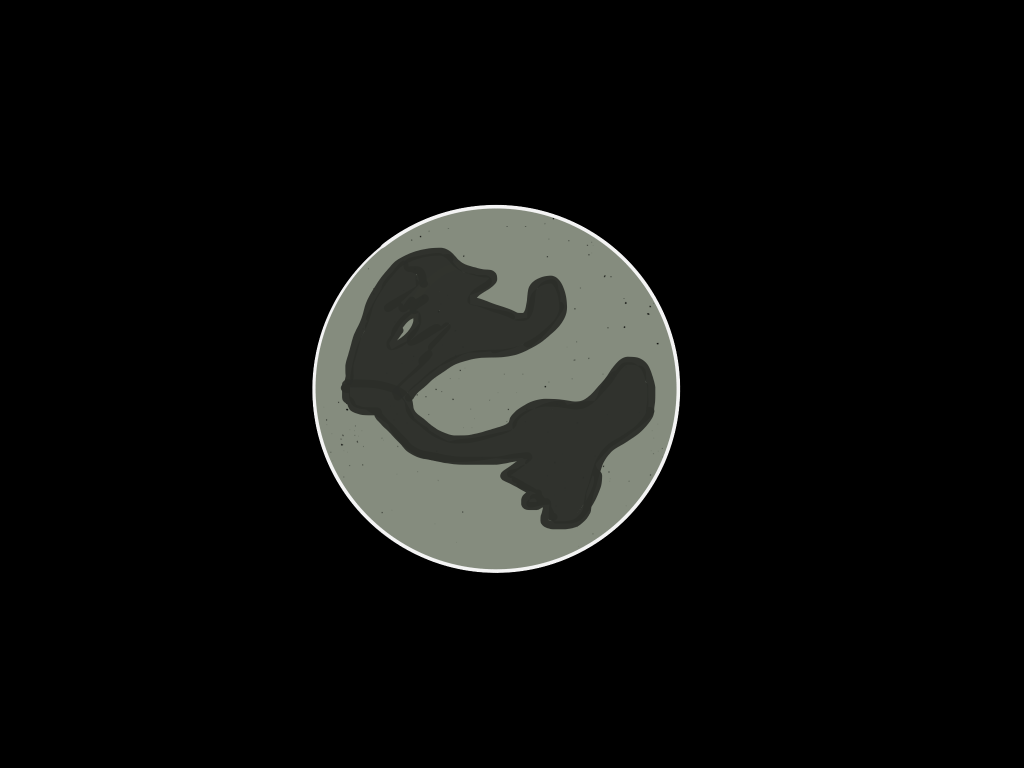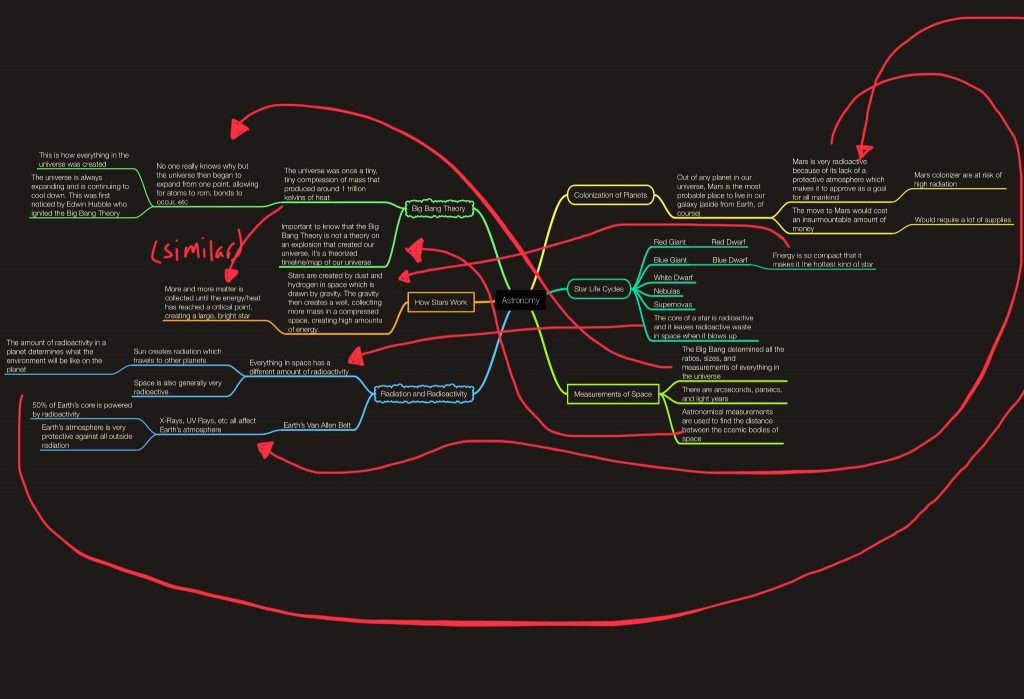Ever wondered what’s going on in the universe around us? Have you ever looked at the stars and wondered what they are made of? Questions like this drove the first stargazing astronomers to start unraveling the mysteries of our universe.
Coming towards the end of the year, we’ve finally reached our final science unit… the astronomy unit. With this new unit, there was a new project. As this unit was squeezed a little bit in between a lot of other things, we ended up dealing with a fairly short unit that consisted of three assignments: a star chart, our project, and a unit end mindmap.
Starting off with the star chart, we were told to download an app called, well… Star Chart. Although there are many features on this app, we focused on the VR feature which as you might expect, lets you look around space to see all the different planets and stars in our galaxy. We were told to change the time manually on the app. When this happened, everything had moved due to them orbiting around the sun. We were then tasked to draw the moon from the Earth’s perspective based on its position on May 22 at 10:00 PM. We also had to draw the moon from the perspective of the sun. We then had to set the date and time to May 26 at 10:00 PM and draw the moon’s position from the Earth and the sun’s perspective. We kept on going up by four day increments until we reached June 22nd. With each of our drawings, we noticed that the moon always looked the same from the sun’s perspective as it constantly projects light onto it, which meant that the shading always remained the same. We also noticed how different the moon looked from day to day from the Earth’s perspective as light sometimes gets blocked from its position. For example, here’s a drawing I did that showed the moon’s appearance from the Earth’s perspective on May 22nd at 10:00 PM…
And a drawing of the moon from Earth’s perspective on June 12th at 10:00 PM…
Moving on to the project, we were put in groups and had the chance to pick specific astronomy topics that interested us in which we could make our projects on. The projects in this case could be anything like a Keynote or a video, and they would also have to answer a driving question which we made and it had to follow a criteria which we also got to make. We would essentially be assessed on how well we did the things we said we’d be doing on the criteria.
I was paired up with Calum and Ryan as we had all missed school on the day groups were picked and hey, I wont argue against working with them.
So we were lucky enough to get our first choice which was “Evidence for the Big Bang’s Formation of the Universe.” As it was fairly straightforward, our driving question ended up being, “What evidence is there of the Big Bang?” We got to work right away as we were fairly pressed for time. We had originally planned on making a video but time wasn’t very forgiving for us and we ended up creating a Keynote which we then presented to the class. At this point, we were really pushing the due date and although I wish we could have spent more time preparing our presentation but in the end, I’m pretty happy we were able to get our points across well and we could answer our driving question fairly well. Check it out!
Finally, we also had to create a unit end mindmap but unlike most mindmaps we’ve done, this one was going to be solely based on the information we learned from the rest of the students in class and their projects. As the topics ranged from “Radioactivity and Radiation in Space” all the way to “Possibility of Colonizing Planets,” we had a lot to learn for astronomy. In the end, I found this assignment to be the most difficult one as I struggled to remember all the things we learned during the few days that everyone was presenting their topics and projects. I did manage to take a lot of things away from our presentations such as how you can roughly measure the angular distance of the moon with your hands by almost using them as a compass. Anyways, here’s what else I learned from other people’s presentations!
Although I wish we could have spent more time on our astronomy unit, I’m definitely happy with the knowledge that students can take the responsibility to teach others about the things they don’t know. People always help each other out and I’m glad that we can all realize how much we can benefit from each other and the knowledge that we all have. I mean in the end, we should share our knowledge because sharing is caring, right?







Leave a Reply